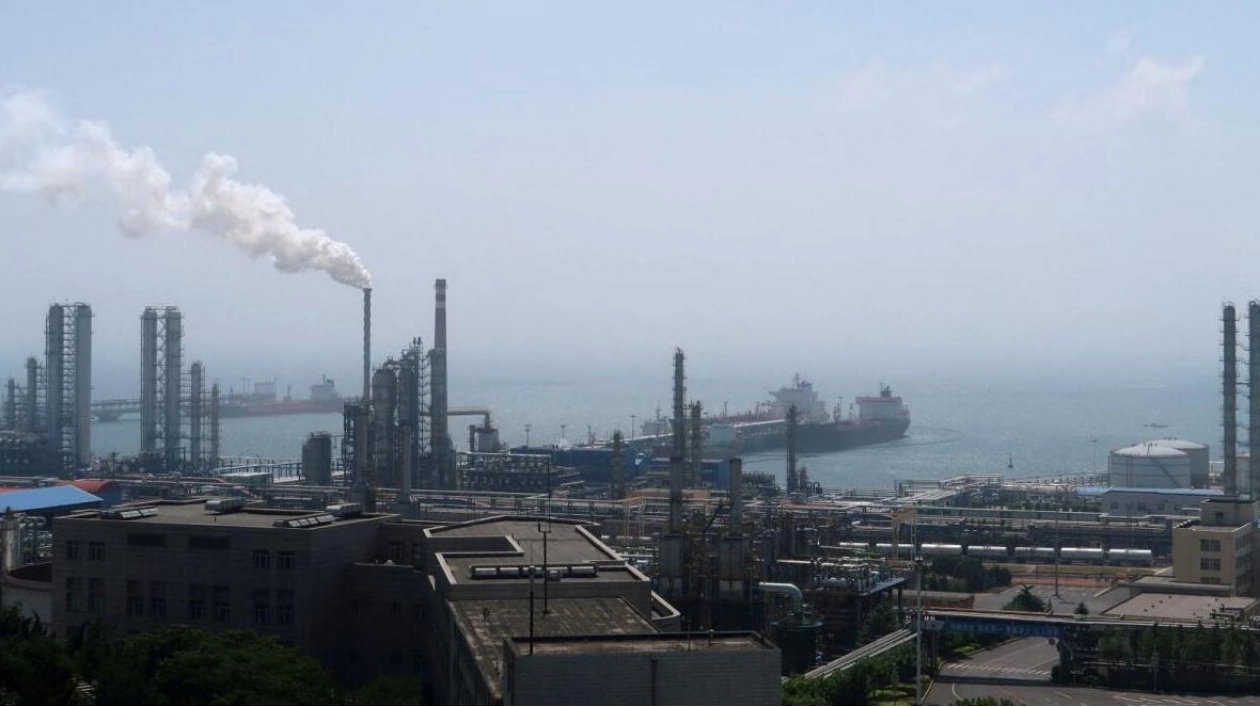CNPC, Asia's leading oil producer, is reevaluating its global strategy to revitalize deal-making, focusing on gas liquefaction and deep-sea drilling, and enhancing production from aging wells, according to the head of its research division. China National Petroleum Corp (CNPC) and its subsidiary PetroChina are grappling with stagnant domestic oil production and a lack of new global projects to increase reserves, despite declining economic growth and rising electric vehicle usage reducing domestic demand. Geopolitical constraints also restrict their strategic options.
CNPC might resume investing in significant oil and gas assets as an operator, similar to its past acquisitions like the $4 billion purchase of Canada's PetroKazakhstan and the takeover of Devon Energy's Indonesian operations, said Lu Ruquan, director of CNPC's Economics and Technology Research Institute (ETRI). This strategic shift would mark a return to the aggressive acquisition phase of the 1990s and 2000s when CNPC expanded into Sudan, Chad, and executed the Kazakh and Indonesian deals.
Lu described CNPC's three decades of overseas investment as "a vessel sailing to midstream," emphasizing the necessity for further global acquisitions. "One needs to paddle harder, or else it will retreat backward," he cautioned, offering insight into the strategic thinking of one of China's key state enterprises. With PetroChina holding $37.5 billion in cash equivalents in 2023, CNPC has the financial capability to influence the oil and gas deal market.
CNPC may expand its liquefied natural gas (LNG) investments in Qatar and explore opportunities in South American deep-sea areas near Guyana, where CNOOC Ltd, part of an Exxon Mobil-led consortium, has made significant discoveries. Despite producing more than Exxon Mobil, PetroChina's share of global output decreased to 11% last year from a peak of nearly 14% in 2019. Chinese companies have been cautious in global acquisitions post the 2014/15 oil price collapse.
Lu noted that practical options amid sanctions on key hydrocarbon-rich countries like Venezuela, Iran, and Russia include extending existing contracts in Kazakhstan and Indonesia. PetroChina's strength lies in extracting more oil from aging fields, a skill honed over decades at China's Daqing field. Analysts predict a resurgence in international acquisitions by national oil companies (NOCs) as the industry refocuses on oil and gas.
CNPC faces heightened geopolitical challenges since its initial overseas venture in 1993. Chinese companies have avoided new investments in Russia following the Ukraine conflict, and strained relations with the U.S. have limited opportunities there. CNPC and PetroChina do not own any U.S. producing assets, and PetroChina delisted from the New York Stock Exchange in 2022 due to auditing issues. Lu also highlighted the limitations of CNPC's alliances with oil majors, such as the Kashagan project in Kazakhstan with Chevron, due to challenges in safeguarding interests and accessing operational information.






